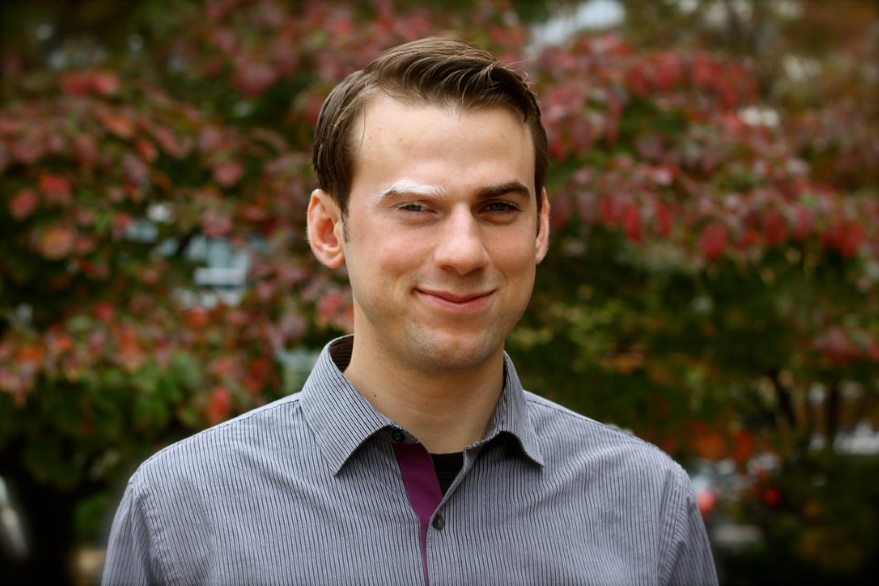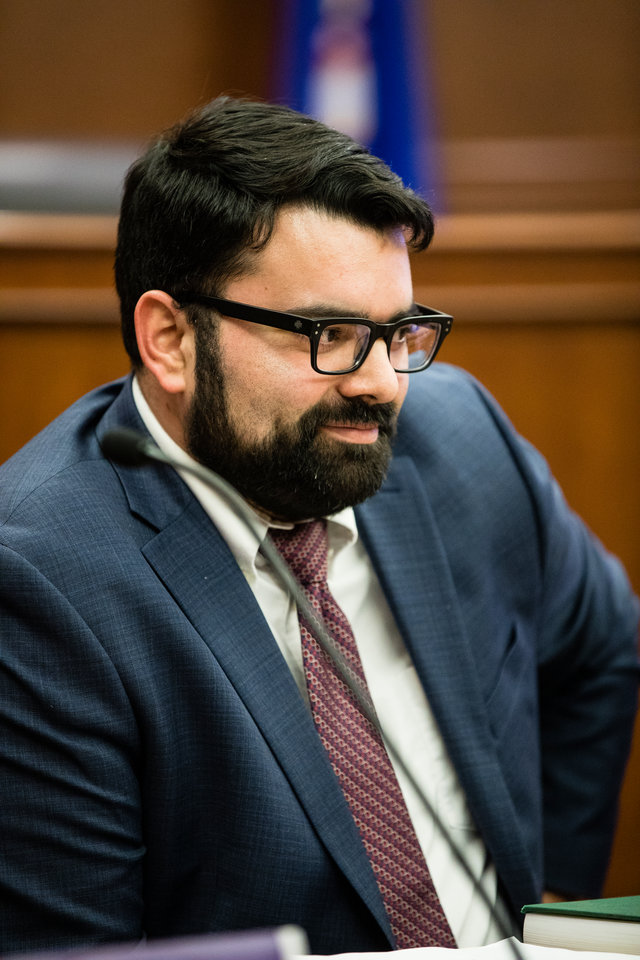Dan McClure was finally convinced to pursue graduate work in psychology at a Catholic institution through an interesting trifecta of influences: Pope St. John Paul II, Catholic studies, and just a touch from longtime friend to the center, George Weigel.
“During my time in Catholic studies,” McClure remembers, “I gradually became aware that I had both a strong theoretical interest in human experience and a desire to concretely accompany individuals in the midst of suffering.” McClure says that he was deeply moved by what he described as “an elevated Catholic vision of reality and an evangelistic impulse to work for the common good” among his Catholic studies classmates, many of whom were double majors and “deeply engaged with the broader life of the campus.”
As he considered his options for graduate school, one institution, the Institute for Psychological Sciences (IPS) at Divine Mercy University in Arlington, Virginia, stood out as a fitting follow-up to Catholic studies and an effective synthesis of faith and science. Still, McClure wondered about the prospects of a secular school. Then Weigel came to speak.
McClure recalls his talk: “He said that the primary battle of our time concerned the nature of the human person and that St. John Paul II fought the ideologies of the Nazis and communists by promoting a true anthropology.” As McClure listened to Weigel he was filled with a sense of clarity and conviction. “I felt a sense of peace that had been lacking and thought to myself, ‘I have to go to IPS.’”
And he certainly took Catholic Studies with him. He credits a number of lasting influences that formed his time there. These included the course English Catholic Authors, the training he had received in the Center for Catholic Studies Habiger Institute Leadership Intern Program, a course on Newman and Newman’s insistence on the necessity of a “collegiate” community of learners, as well as an incisive article about living in a post-Christian, “apostolic age,” that he read in his Catholic studies Search for Happiness course.
These influences spurned the creation of the Fraternity of St. Philip Neri at IPS. McClure and another St. Thomas Catholic studies alumnus, Chris Miller ‘11, designed the fraternity to act as a support in fostering an integrative Catholic vision of reality and to serve the needs of the IPS community. They lead ongoing discussion groups, plan two yearly men’s retreats with the chaplaincy, initiate social events, and facilitate an intercessory prayer group, among other initiatives. McClure said, “We have been joined in our efforts by a parallel group of female peers in the IPS program.”
His work, of course, is challenging. “The synthesis of psychotherapy with Catholic anthropology is a much-needed but difficult task,” McClure says. “As a psychotherapist I have the privilege and challenge of accompanying families, couples and individuals of various ages and belief systems in the midst of intense pain and brokenness. Without my faith, I would be crushed by the darkness that seeks to oppress us. … The sure hope of Christ’s redemption has helped me to embrace the totality of reality, sitting with clients in difficult struggles without being overwhelmed by the darkness.”





